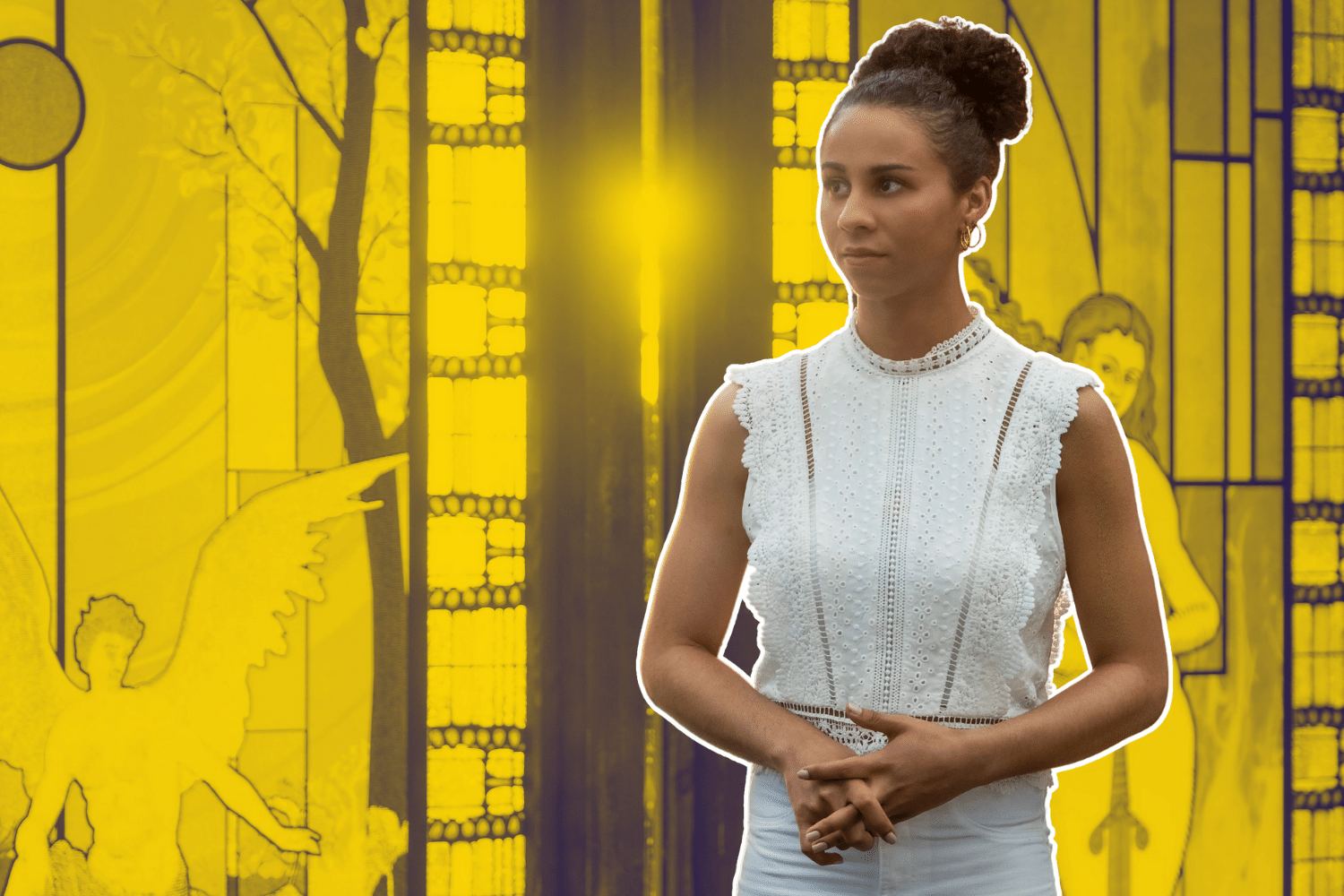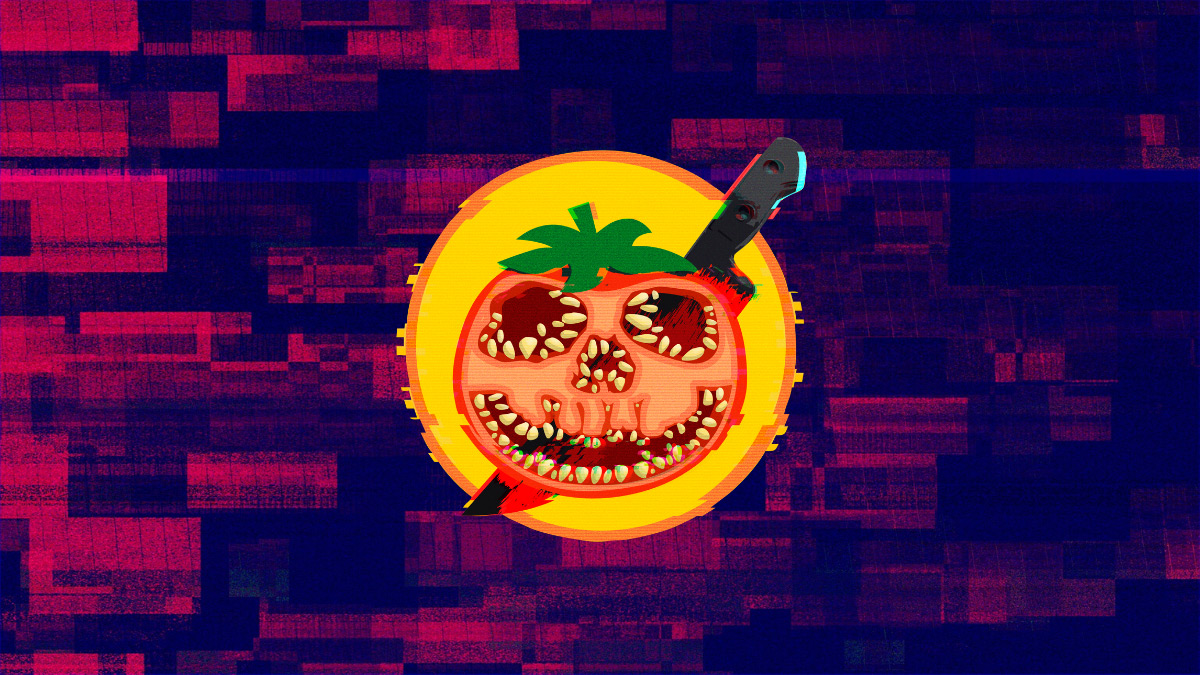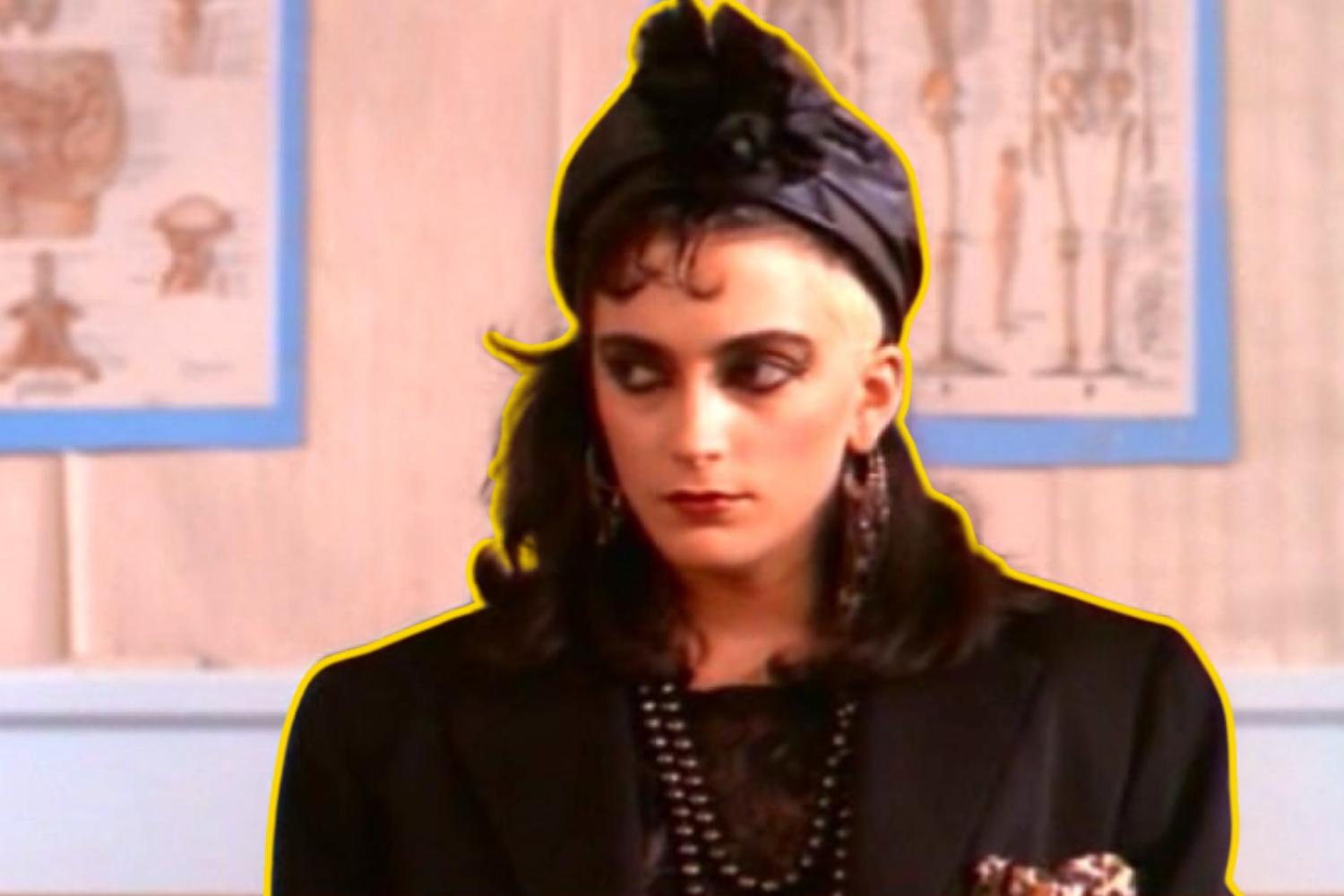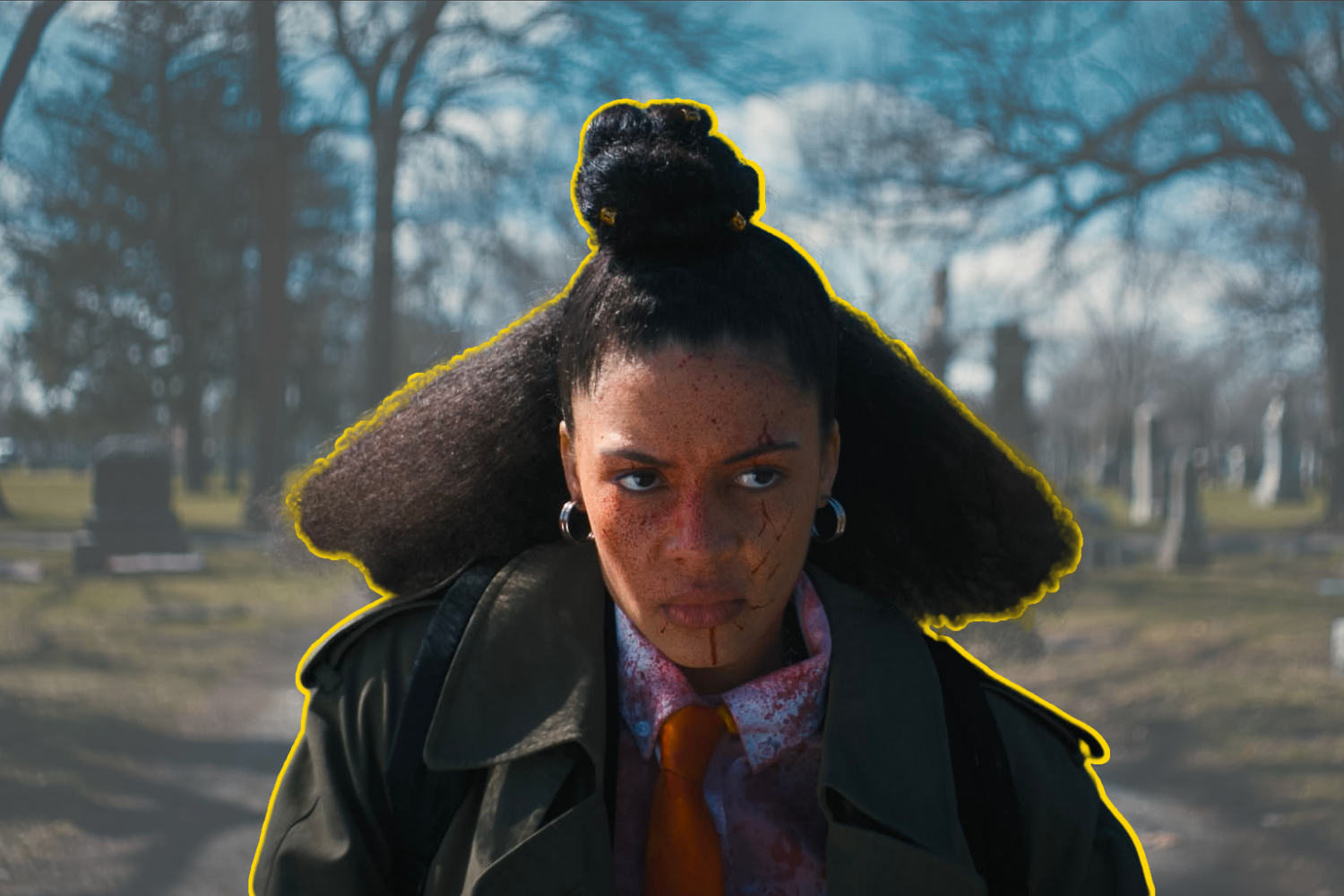Editorials
‘Pure’ Rips the Heart Out of Virginity Pledges
Uterus Horror is a subgenre of films that focuses on the experience of growing up with a female gender expression. These films capture the act of becoming an adult and coming into your sexuality, using horror to emphasize and/or act as a metaphor for those experiences. Columnist Molly Henery, who named and defined the subgenre, tackles a new film each month and analyzes how it fits into this bloody new corner of horror.
July 5th, 2022 | By Molly Henery

June is a month filled with celebration. For many it means graduation, the start of summer, and Juneteenth. But last month, I celebrated Father’s Day with the Uterus Horror film, Pure. Written and directed by Hannah Macpherson (Sickhouse, T@gged), Pure was released as part of the Hulu original series, Into the Dark. For this series, each episode is a feature-length and focuses on a different holiday. While the film was originally released to coincide with Daughter’s Day, which is in September, the plot is also quite fitting for a deranged Father’s Day.
Pure tells the story of Shay (Jahkara Smith). Having recently lost her mother and after meeting her real father (Jim Klock) for the first time, she agrees to go on an annual trip with daddy and new half-sister, Jo (McKaley Miller). Yet this isn’t your typical vacation. It’s a purity retreat for Christian fathers and daughters where the daughters eventually pledge their virginity to their fathers until the day they are married. Things are already somewhat tense as Shay navigates connecting with her new family, torn between wanting to please her dad — who is fully committed to this tradition — and connecting with her sister, who views the purity retreat as patriarchal and antiquated.
One of the ideas presented early on in Pure is the mythology of Lilith. Whether or not she is truly a biblical figure is something that could be its own article, but for our purposes we will focus on how Lilith is shown in the film. Pastor Seth (Scott Porter), the founder of this very puritanical religious retreat, sees Lilith as an ultimate evil. He vilifies her more than the Devil himself. Pastor Seth even goes so far as having stained glass windows made depicting Lilith as Adam’s evil first wife, who slept with an angel and was banished to Hell, as a lesson for women who disobey the men in their lives. Yet that isn’t how Jo views Lilith. To her, Lilith is a badass woman, created equal to Adam, who fought against the patriarchy and became a queen of demons. As a rebellious teenage girl trapped in this bizarre purity culture, what more could she ask for in a feminist symbol?
On the first night of the retreat Shay and Jo, along with their two bunkmates, sneak out to perform a ritual to call Lilith. While this is a yearly tradition for Jo and her friends at the retreat, it’s Shay’s first time. Shay seems to have a strange connection to Lilith. Even before the teenage girls do the ritual, Shay dreams of Lilith. After they perform their little makeshift ritual, things begin to change. Shay dreams of Lilith more and even sees her when she’s awake, as well as other strange and horrifying imagery. It’s frightening for Shay at first, but the more she sees Lilith, the more Shay sees the truth about the purity retreat. She sees how the girls are forced to fulfill their dads’ wishes such as wearing all white (even down to the underwear), counting calories, and staying “pure.” Thanks to Lilith, Shay can also see the men’s lies as their eyes turn black, and black sludge flows from their mouths.
The purity retreat culminates in a purity ball where the fathers and daughters are expected to sign a pledge stating the girls will remain pure until the father gives them away to a husband. When Shay refuses to sign, she confronts her dad about the lies he’s told and reveals she isn’t a virgin. Pastor Seth locks her in a small cage known as “the box,” where the naughty girls are put to pray for hours on end. As chaos ensues, Shay offers herself as a vessel to Lilith, who can only possess the body of someone who has “tasted the fruit.” Lilith takes over, freeing Shay from the box. As the teenage girls stand behind Lilith, she uses her powers to force the men to their knees, bowing before her, as she says, “We are not less than you.” Lilith kills the villainous men, sets the place on fire, and releases Shay from her control. As the retreat burns to the ground, the girls walk away unscathed with an air of confidence in their step.
Pure is both a harsh criticism of purity culture and a scathing look at how young girls are treated very differently than young boys when it comes to their budding sexuality. Purity culture tends to almost always be targeted at young women. It creates this bizarre over-importance of being a virgin. There is even a scene where Pastor Seth describes women who have sex out of wedlock as a “piece of chewed up gum.” This not only implies that women are simply an object for men to use, but it also tells the young girls that they are somehow damaged by being intimate with someone before marriage. Yet this isn’t the message being told to boys. In fact, Pastor Seth remarks at one point during the film he has two sons, but boys don’t need to be monitored the way girls do. Pastor Seth even uses teenage boys from the congregation to try and lure the unsuspecting girls to have sex with them; then the girls are punished while the boys get a pat on the back for doing such a great job.
There is only one reason the teenage boys can do as they wish while the girls are punished for doing anything against their fathers’ wishes: fear. Lilith and Adam were created equal. When Adam didn’t like that, Lilith was banished and God created a new wife from the rib of Adam, Eve. In a puritanical, patriarchal, Christian society, a man’s biggest fear is a woman knowing her worth and refusing to conform to a man’s expectations. For Shay and the other girls at the purity retreat, they are each going through their own individual Uterus Horror. Each of them is trying to do right by their religion and please their fathers, while also trying to figure out who they are as they enter adulthood. Unfortunately, Shay and her friends are in an environment that is hostile towards women who try to think for themselves. It’s an environment that chooses to beat down the women and raise up the men. Which is why Lilith was called.
In the climax of Pure, Lilith says, “One man’s demon is another woman’s angel.” Lilith is a religious figure that has changed quite a bit over time and sparked many arguments. Her validity as a religious figure, whether she was Adam’s first wife, and what she represents is questioned. But representation and meaning can change over time. Medusa at one point was seen as just a hideous monster that needed to be slain, but now she has become a symbol for sexual assault survivors. Lilith, despite her origin, has become representative of the feminine struggle. She is a warrior against the patriarchy. She is a symbol of women’s strength in a world where we are constantly at war with men who wish to oppress us. She is what women should strive for and men should fear. This makes her a perfect patron saint of Uterus Horror. Just as she did for Shay and the other girls at the purity retreat in Pure, Lilith will guide and empower young women on their journey to discover their strength, individuality, and sexuality.



